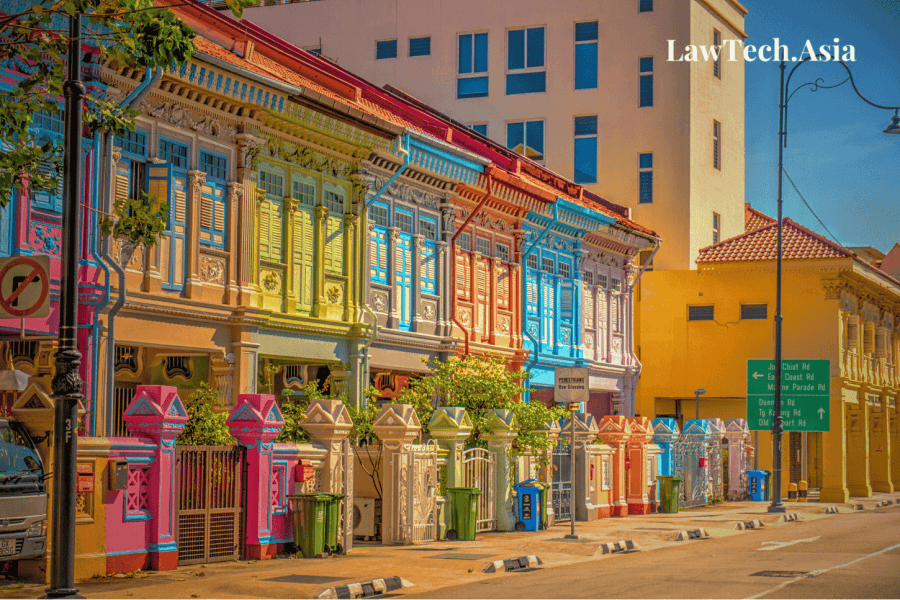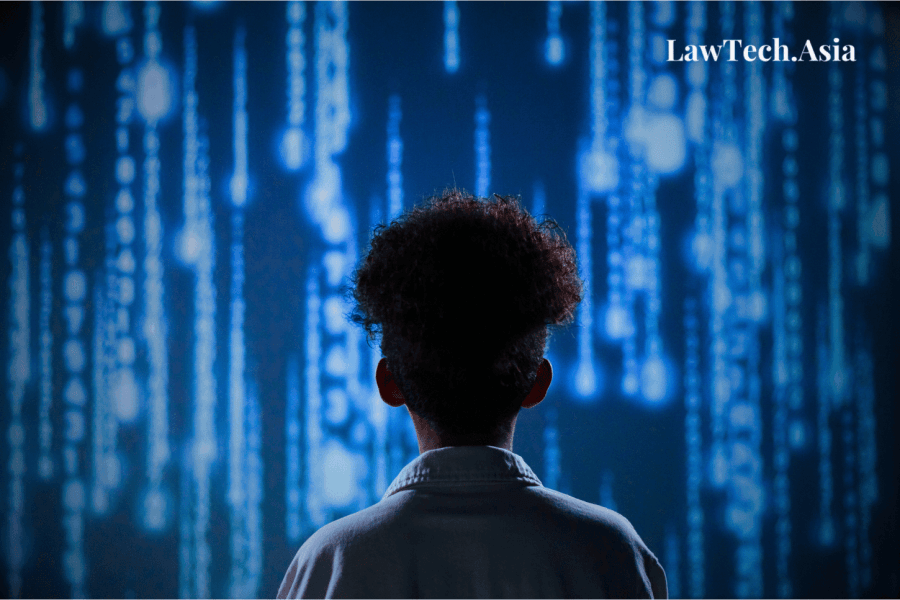Written by Eunice Huang and Josh Lee Kok Thong
Artificial intelligence (“AI”) is reshaping industries, economies, and societies worldwide. Governments across the Association of Southeast Asian Nations (“ASEAN”) intuitively understand the huge opportunity that AI can bring for their societies, and are looking for ways to foster AI innovation while carefully managing risks and challenges. At the same time, there is also growing recognition that it would be neither appropriate nor sufficient to mimic the AI regulatory approaches adopted by other jurisdictions such as the EU, China and US. Countries in ASEAN can and must chart their own regulatory pathway that is suited to Southeast Asia’s unique context, building on the region’s historically open and pro-innovation posture.
This article submits that ASEAN governments already have good, context-adapted regional resources they can use as a basis for their domestic AI governance frameworks. In particular, resources such as the ASEAN Guide on AI Governance and Ethics (February 2024) and the Expanded ASEAN Guide on AI Governance and Ethics on Generative AI (January 2025) (collectively, the “ASEAN Guides”) can serve as valuable reference points for ASEAN governments who are considering their AI governance options. These guides provide a contextually-relevant basis for formulating AI governance in Southeast Asia’s unique context. Drawing reference from these guides will also help promote greater interoperability and common standards across ASEAN. This will in turn enable AI innovation to flourish across the region, boosting ASEAN’s overall competitiveness, and advancing the ASEAN Economic Community.
The ASEAN Guides provide a regionally-attuned starting point
The ASEAN Guides represent a collaborative effort by ASEAN Member States towards advancing sound, considered and balanced AI governance in ASEAN. Unlike frameworks from other jurisdictions, such as the European Union’s AI Act (“EU AI Act”) (which, while widely referenced, emerges from fundamentally different contexts), the ASEAN Guides factor in the prevailing economic, social and cultural realities in Southeast Asia. More broadly, the ASEAN Guides reflect a shared regional understanding of AI-related opportunities and risks, and provide a solid basis for greater interoperability within the region.
The ASEAN Guide on AI Governance and Ethics was published in February 2024 (the “2024 Guide”). It seeks to provide clear and practical guidance for organisations developing and deploying traditional (i.e., non-generative AI) AI technologies. A key theme in the 2024 Guide is also regional interoperability, in seeking to align national frameworks while allowing flexibility tailored to national contexts.
The core components of the 2024 Guide include:
- Guiding principles: Seven fundamental principles anchor the guide: Transparency and Explainability, Fairness and Equity, Security and Safety, Human-centricity, Privacy and Data Governance, Accountability and Integrity, and Robustness and Reliability. These principles collectively constitute a robust and principled foundation for responsible AI use in the region.
- AI governance framework: The 2024 Guide sets out organisational measures to operationalise the guidance principles effectively. In particular, the framework emphasises:
- Establishing internal governance structures, such as multi-disciplinary AI Ethics Advisory Boards, clearly defined roles and responsibilities. Notably, the 2024 Guide provides concrete examples from regional actors implementing such internal governance structures, such as the Aboitiz Group (Philippines) and Singapore’s Smart Nation Group.
- Determination of human oversight levels in AI-augmented decision-making through rigorous risk impact assessments.
- Effective operations management that integrates AI governance into every stage of the AI lifecycle, from data collection through model deployment and ongoing monitoring.
- Stakeholder engagement strategies to enhance transparent and accountable communication.
- National-level recommendations: To cultivate responsible AI ecosystems at the national level, the 2024 Guide urges policymakers to: (a) Invest strategically in AI research and development; (b) support workforce upskilling and nurturing AI talent; (c) promote accessible data and infrastructure to foster innovation; (d) encourage AI governance tools adoption by organisations; and (e) enhance public awareness of AI impacts and implications.
- Regional-level recommendations: Encouraging collective ASEAN actions, the 2024 Guide also recommends initiatives such as establishing a dedicated ASEAN Working Group on AI Governance, developing targeted approaches for generative AI governance, and compiling practical use-case compendia to facilitate regional learning.
Addressing the nuances of generative AI
Building upon this foundation, the Expanded ASEAN Guide on AI Governance and Ethics on Generative AI (the “2025 Guide”) addresses the unique challenges introduced by generative AI technologies. It highlights key risks identified previously – including inaccurate outputs (also known as “hallucinations”), misinformation, deepfakes, intellectual property infringement, privacy violations, and bias propagation – while also recognising broader frontier risks associated with advanced AI development.
To address these challenges, the 2025 Guide provides detailed policy recommendations across nine ecosystem dimensions:
- Accountability: Highlighting shared responsibilities among AI developers, deployers, cloud providers, and end-users, proposing regional consensus-building activities for clarity.
- Data: Encouraging secure and responsible data-sharing practices, with harmonised data protection aligned with the ASEAN Framework on Personal Data Protection.
- Trusted development and deployment: Suggesting common transparency guidelines for generative AI development, aiming to build trust and understanding among stakeholders.
- Incident reporting: Recommending standardised frameworks to manage AI-related incidents effectively, particularly concerning safety and ethics.
- Testing and assurance: Advancing region-specific benchmarks and testing methodologies – through initiatives like Project Moonshot by Singapore’s AI Verify Foundation – to uphold generative AI reliability, fairness, and safety.
- Security: Promoting collaboration on AI security practices, encouraging proactive vulnerability detection, security-by-design, and alignment with international standards.
- Content provenance: Supporting robust technological solutions (such as digital watermarking) and policy frameworks to prevent misuse of generative AI content, addressing misinformation and harmful activities.
- Safety and alignment R&D: Encouraging region-wide dialogue and cooperation on AI safety and alignment research, sharing expertise across national boundaries.
- AI for Public Good: Showcasing responsible generative AI applications through regionally curated use cases, with the aim of maximising societal benefits and public awareness.
Contextualisation remains essential
Despite the advantages inherent in these regional guides, ASEAN Member States must still undertake significant work in adapting the recommended practices and frameworks to their national contexts. The ASEAN Guides explicitly affirm their voluntary nature and underscore that they neither alter nor supersede any existing national laws or obligations.
Each ASEAN Member State operates within distinct legal, economic, and cultural contexts. As such, policymakers and regulators must apply careful and nuanced considerations in adopting or adapting the ASEAN Guides. For instance, privacy and data governance principles must align with each Member State’s unique legislative regime (which often varies significantly across the region). Similarly, the approach to human oversight in AI decisions must consider sectoral and local attitudes toward risk and accountability.
Further, ASEAN governments should remain open to learning from broader international developments. While the EU AI Act, Japan’s Act on the promotion of R&D and utilisation of AI, policy recommendations from the OECD, or other global frameworks may originate from different contexts, they also offer valuable lessons and useful ideas. ASEAN governments should evaluate these external frameworks carefully, examining what countries that have successfully built up robust AI ecosystems have (or have not) done, and selectively adopting elements suited to their specific national priorities.
Conclusion
The ASEAN Guides represent significant regional progress in developing a coherent and contextually appropriate approach to AI governance across Southeast Asia. Rather than reinventing the wheel, ASEAN governments can consider leveraging these guides to anchor their AI governance efforts effectively. Nevertheless, the task remains nuanced and complex: governments must thoughtfully translate and adapt these principles within their unique national environments. Combining the regional insights of the ASEAN Guides with a judicious, comparative analysis of global frameworks will ultimately help ASEAN governments craft balanced, responsive, and effective AI governance that unlocks the region’s AI potential while promoting the responsible development and deployment of AI.
Editor’s Note: Eunice Huang presently serves as Head of AI and Emerging Tech Policy, Google APAC. Please note that any opinions, findings and perspectives expressed above are those of the authors in their personal capacity, and do not reflect the view of any organisation(s) they are affiliated with.





